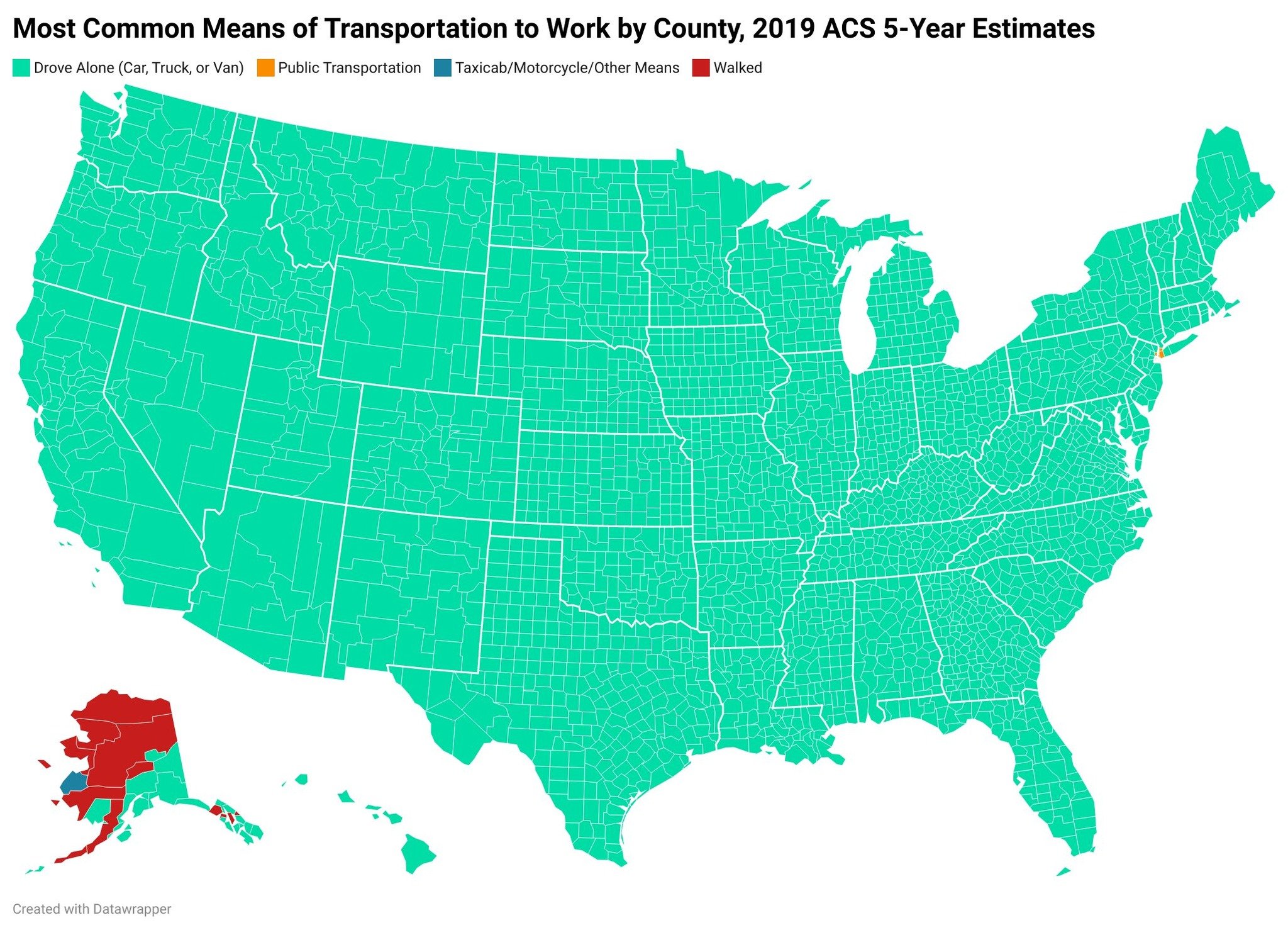Fuck Cars
A place to discuss problems of car centric infrastructure or how it hurts us all. Let's explore the bad world of Cars!
Rules
1. Be Civil
You may not agree on ideas, but please do not be needlessly rude or insulting to other people in this community.
2. No hate speech
Don't discriminate or disparage people on the basis of sex, gender, race, ethnicity, nationality, religion, or sexuality.
3. Don't harass people
Don't follow people you disagree with into multiple threads or into PMs to insult, disparage, or otherwise attack them. And certainly don't doxx any non-public figures.
4. Stay on topic
This community is about cars, their externalities in society, car-dependency, and solutions to these.
5. No reposts
Do not repost content that has already been posted in this community.
Moderator discretion will be used to judge reports with regard to the above rules.
Posting Guidelines
In the absence of a flair system on lemmy yet, let’s try to make it easier to scan through posts by type in here by using tags:
- [meta] for discussions/suggestions about this community itself
- [article] for news articles
- [blog] for any blog-style content
- [video] for video resources
- [academic] for academic studies and sources
- [discussion] for text post questions, rants, and/or discussions
- [meme] for memes
- [image] for any non-meme images
- [misc] for anything that doesn’t fall cleanly into any of the other categories
Recommended communities:
view the rest of the comments

Another demonstration of how NYC is the only real city in America and anywhere else is a suburb larping as a metropolis.
You can't call yourself a metropolis unless half the population uses public transit: change my view.
Ok! As per the marriam-webster definition of a metropolis:
the chief or capital city of a country, state, or region,
the city or state of origin of a colony (as of ancient Greece),
a city regarded as a center of a specified activity,
a large important city.
As per Cambridge:
a very large city, often the most important city in a large area or country.
Collins:
A metropolis is the largest, busiest, and most important city in a country or region.
Britannica:
a very large or important city — usually singular
Oxford:
A very large urban settlement usually with accompanying suburbs. No precise parameters of size or population density have been established. The structural, functional, and hierarchical evolution of global metropolises is rooted as much in the past as in the present: modern information and communications technology may be more advanced than the 19th-century telegraph, but the processes and outcomes are much the same (Daniels (2002) PHG 26). ‘[Berlin's] wealth of facilities, as well as their scatter across the metropolis, can be understood only in the light of the city's history and, paradoxically, its troubles.
Longman:
a very large city that is the most important city in a country or area
You:
NYC but only if half the people use public transit
All those definitions use “city”. Does the definition of city require the kind of density that would make relying mostly on self-owned cars impossible? Depends, in america no, in other countries maybe.
No it doesn't. However original commenter put a challenge out on what a metropolis is. I responded to the challenge.